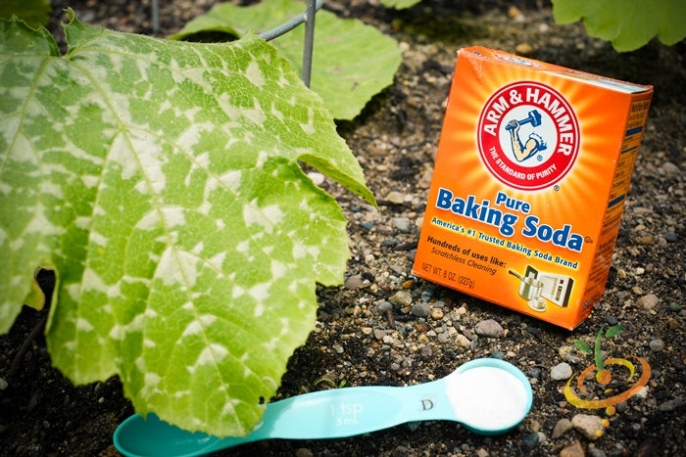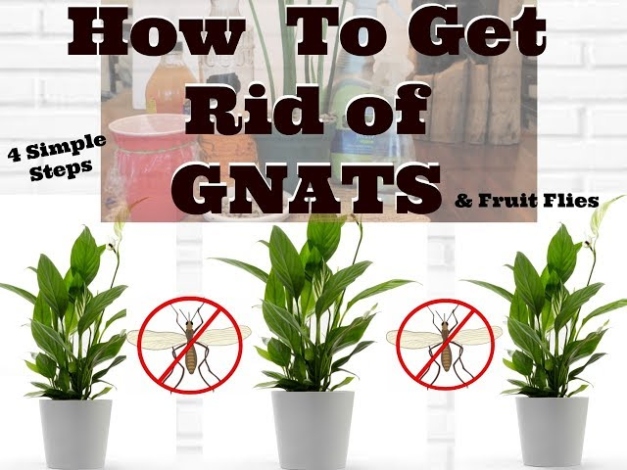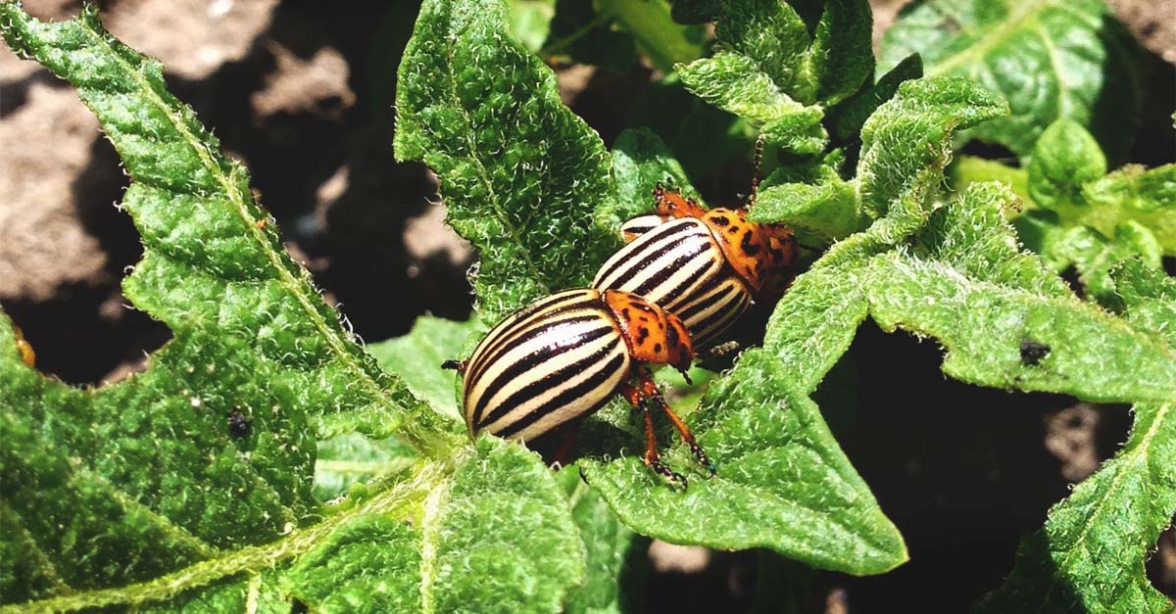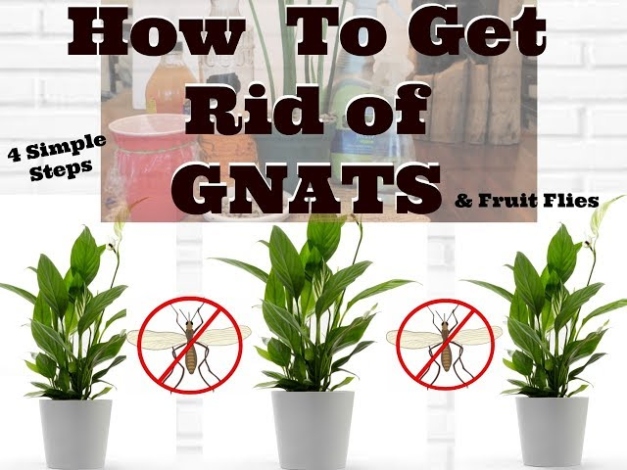How to Get Rid of Slugs Without Harming Plants
What do you mean by slugs and why are they harmful?
Slugs are a common garden pest that can wreak havoc on your plants. They are slimy, soft-bodied creatures that feed on leaves and stems of various plants, leaving behind a trail of destruction in their wake. Slugs are most active at night and on rainy days, making them difficult to spot and control.
How can you identify a slug problem in your garden?
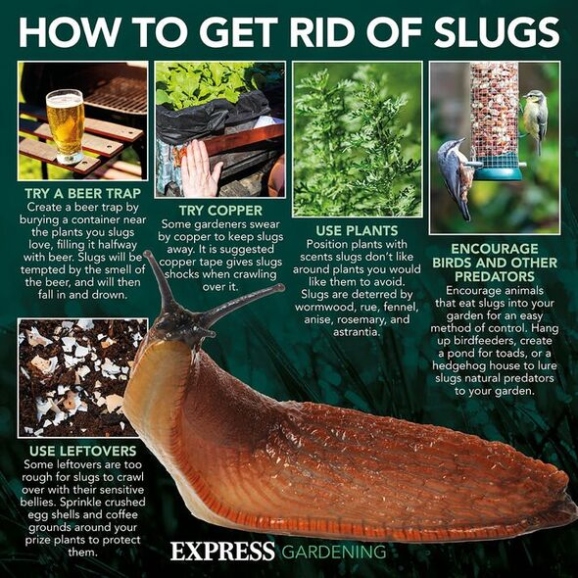
Image Source: express.co.uk
If you notice irregular holes in the leaves of your plants, slimy trails on the ground, or chewed stems, chances are you have a slug problem in your garden. These pests can quickly multiply and cause significant damage if left unchecked.
What is known about slugs behavior and habits?
Slugs thrive in damp, dark environments and are attracted to moisture and decaying plant matter. They lay their eggs in moist soil and can reproduce rapidly, making it challenging to control their population. Slugs are also known to be nocturnal creatures, feeding at night and hiding during the day to avoid predators.
What are some common solutions to getting rid of slugs?
There are several methods you can try to control slugs in your garden without harming your plants. One popular solution is to handpick slugs off of plants and dispose of them in a bucket of soapy water. You can also create barriers around your plants using copper tape or diatomaceous earth to deter slugs from reaching them. Additionally, setting up beer traps or using organic slug baits can help attract and eliminate slugs in your garden.
Information on natural remedies for slug control
There are several natural remedies you can use to control slugs in your garden. One effective method is to sprinkle crushed eggshells or coffee grounds around your plants to create a barrier that slugs will avoid. You can also plant slug-resistant plants such as lavender, rosemary, or sage to help deter slugs from feeding on your garden. Additionally, introducing natural predators like ducks, frogs, or toads can help keep the slug population in check.
How to prevent slug infestations in the future?
To prevent slug infestations in the future, it’s essential to maintain a clean and dry garden environment. Remove any debris, weeds, or decaying plant matter that may attract slugs to your garden. Water your plants in the morning to allow them to dry out during the day, making it less hospitable for slugs. You can also create a barrier around your garden using gravel or wood chips to keep slugs at bay.
Conclusion
In conclusion, slugs can be a nuisance in the garden, but with the right strategies and techniques, you can effectively control them without harming your plants. By implementing natural remedies, handpicking, and preventative measures, you can keep your garden slug-free and thriving. Remember to stay vigilant and proactive in managing slug infestations to ensure the health and vitality of your plants.
FAQs
1. Are slugs harmful to plants?
Yes, slugs can be harmful to plants as they feed on leaves, stems, and flowers, causing significant damage if left unchecked.
2. What attracts slugs to gardens?
Slugs are attracted to damp, dark environments, decaying plant matter, and moisture, making gardens an ideal habitat for them.
3. How do copper tape and diatomaceous earth help in controlling slugs?
Copper tape and diatomaceous earth create physical barriers that slugs are reluctant to cross, helping protect plants from slug damage.
4. Are there any natural predators of slugs?
Yes, ducks, frogs, toads, and some birds are natural predators of slugs and can help keep their population in check.
5. Can using chemical pesticides harm plants along with slugs?
Yes, chemical pesticides can harm plants, beneficial insects, and the environment, making them a less desirable option for slug control.
6. How often should I check for slugs in my garden?
It’s a good practice to check for slugs in your garden regularly, especially after rain or during the night when they are most active.
7. What are some plants that slugs are less likely to feed on?
Slugs are less likely to feed on plants with tough, hairy, or aromatic leaves, such as lavender, rosemary, sage, and ferns.
how to get rid of slugs without harming plants







